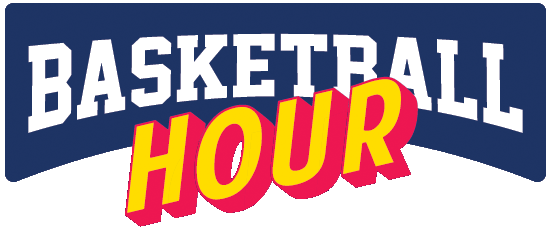The NBA has many rules about which players can be traded and when.
Recently Signed Free Agents:
Most free agents who signed contracts in the offseason can’t be traded until December 15. Our list includes 85 names like Paul George, Pascal Siakam, and Isaiah Hartenstein. This list could be longer if we included those who signed non-guaranteed Exhibit 10 contracts. If these players make it to regular season rosters, they also face the December 15 restriction.
A player signing after September 15 must wait three months before becoming trade-eligible. Players with two-way contracts converted to standard deals during the offseason follow similar rules but none were promoted this summer. Some players have to wait until January 15 due to specific criteria: re-signing with a raise of at least 20%, earning more than the minimum salary, and being on a team over the cap using Bird or Early Bird rights. Notable names include Tyrese Maxey, Immanuel Quickley, and Nic Claxton.
Players signing two-way contracts are ineligible for trade for 30 days. For example, Luke Travers will become eligible on September 27 after signing with the Cavaliers on August 28.
Recently Signed Draft Picks:
Draft picks signing their first NBA contract also face a 30-day trade restriction. Currently, this affects Jazz’s second-rounder Kyle Filipowski who will become eligible on September 11.
The rest of this year’s draftees can now be traded since more than 30 days have passed since they signed their deals. Unsigned draftees like Nikola Djurisic and Quinten Post can have their draft rights traded until they sign an NBA contract.
Players With Veto Ability:
Bradley Beal and LeBron James are the only players with genuine no-trade clauses but others can veto trades due to quirks in the Collective Bargaining Agreement (CBA). Players like James Harden, Luke Kennard, Kyle Lowry, and DeAndre Jordan need to give consent before being traded this season.
Some players waived their right to veto trades under new CBA rules if they re-signed one-year or two-year deals with options. Eleven players did so this season including Precious Achiuwa and Kelly Oubre; once they’re eligible (December or January), they can be moved without issues.
Fans think these rules make trades even more exciting!
Players Who Have Signed Veteran Extensions:
Veteran extensions come with different restrictions compared to rookie scale extensions. A player becomes ineligible for six months if his deal exceeds four years total or includes significant raises beyond certain limits.
Here are some affected by these rules:
– October: Jrue Holiday (Oct.11), Grayson Allen (Oct.16)
– January: Bam Adebayo (Jan.6), Jonathan Isaac (Jan.6), Derrick White (Jan.6), Donovan Mitchell (Jan.7), Jalen Brunson (Jan.12), Sam Hauser (Jan.23), Andrew Nembhard (Jan.26)
– February: Jarrett Allen (Feb .2), Lauri Markkanen (Feb .7)
– March: T.J McConnell(Mar .3) Ivica Zubac(Mar .3)
Since the trade deadline is February 6th Markkanen McConnell Zubac won’t be tradable till next offseason!
This applies too any player extending between now & deadline such as Jamal Murray reportedly agreeing terms Nuggets! Stephen Curry Richaun Holmes extended offseason but didn’t exceed limits meaning Holmes likely tradable not Curry
Players Who Have Signed Designated Veteran Extensions:
Designated Veteran Contracts aka “super-max” start at higher percentages due meeting performance criteria pre-10 years service! Signing means no-trades full year post-signing date!
Only one super-max signed off-season Jayson Tatum Celtics eligible July ‘25 anniversary date!
Players Affected By Aggregation Restrictions:
Trades involving salary-matching exceptions prevent aggregating salaries another trade within two months! Most off-season trades pre-July9 thus only affecting few currently:
– Sept19: Ziaire Williams Nets
– Sept29 David Roddy Hawks
Post-Dec6 acquisitions non-cap room flips prior deadline aggregate restricted indefinitely teams operating over second tax apron Suns Celtics Bucks Timberwolves

